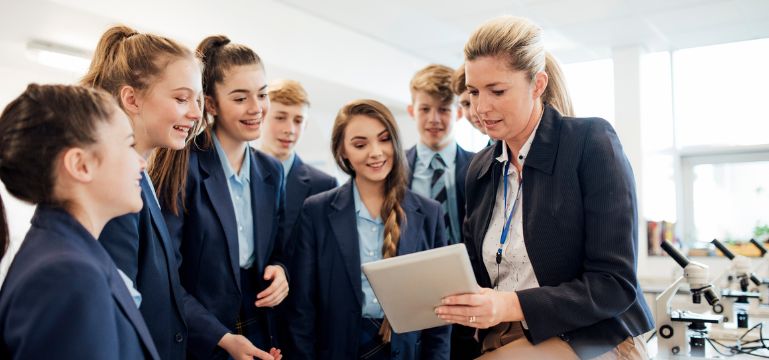Effective practice |
Reducing the impact of poverty on educational attainment
Useful links
Provider:
Provider website:
Other resources from this provider

Effective practice |
Using targeted support to increase attendance and improve behaviour
Mary Immaculate RC High School supports vulnerable learners with ‘The Bridge’, a learning area located in a quiet part of the school that supports pupils with emotional, behavioural and learning ne ...Read more

Thematic report |
Effective classroom observation in primary and secondary schools - October 2014
pdf, 600 KB Added 01/10/2014
This report is published in response to a request for advice about effective classroom observation from the Welsh Government in the Minister’s annual remit letter to Estyn 2013-2014. ...Read more

Thematic report |
Twelve secondary school improvement journeys- December 2013
pdf, 1.02 MB Added 01/12/2013
Over the years, Estyn inspectors have visited schools at various stages of development. ...Read more
